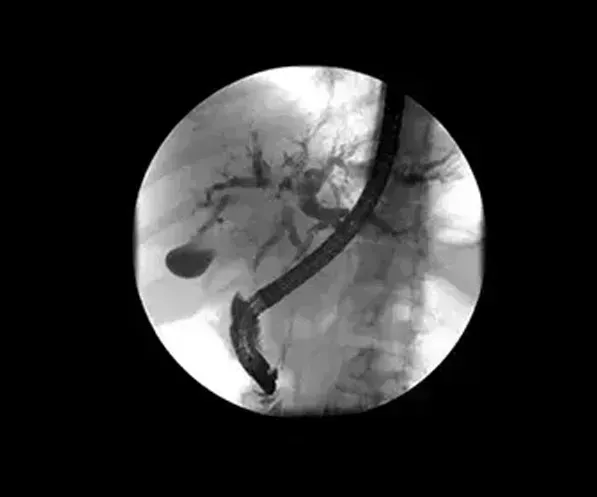

Preparation for the Procedure
Preparation for the test varies as to what time of the day you will be having the examination. If you are scheduled in the morning, do not eat or drink anything including antacids after midnight. Please check with your physician concerning any medication you are presently taking.If your are scheduled in the afternoon, you may have clear liquid breakfast at 7 a.m., then nothing to eat or drink including antacids until after the examination. Please check with your physician concerning any medication you are presently taking.
A clear liquid diet contains no milk; it does include jello, clear broth, tea or coffee with sugar, strained fruit juice, carbonated beverages, and plain sugar candy. Please have a friend or relative drive you for the test as medication may be given for sedation and you will not be able to drive for 12 hours. Friends or relatives may wait in the waiting room. Please leave jewelry and other valuables at home or with a relative of friend.You will be asked to sign a consent from authorizing the procedure. Please wear comfortable, loose clothing. You will be able to change into a hospital gown. Please empty your bladder before the nurse takes you to the examination room Your blood pressure and pulse will be recorded. An intravenous solution (I.V.) will be started in your arm. It will be used during the procedure to give medication.If you have not already done so, you will have an opportunity to discuss this procedure with your physician or nurse.
You will be asked if you are allergic to any medication. Please inform the nurse if there is a possibility of pregnancy (if applicable) as an x-ray will be used. You will also be asked to remove dentures and/or glasses, if applicable.


ERCP is a valuable tool for the diagnosis of many disorders of the pancreas, bile ducts, liver and gallbladder. ERCP is a highly sophisticated technique, requiring special endoscopic training, and can be accomplished successfully in a high percentage of patients.For the procedure, a flexible rubber-like tube called an endoscope, is passed through the mouth, esophagus (food tube), stomach and into the duodenum (the first point of the small intestine).
A small plastic tube (catheter) is passed through a tiny opening that leads to the pancreatic and common bile duct. Radio-opaque dye is injected through the catheter and x-rays are taken in order to study the ducts. The procedure usually takes 30 to 60 minutes.
_1.webp)
_1.webp)
ERCP is safe and is associated with very low risk when performed by physicians who have been specially trained and are experienced in this highly specialized procedure. Complications can occur but are uncommon.One possible complication is pancreatitis due to irritation of the pancreatic ducts by the x-ray contrast material. Another possible complication is infection.Localized irritation of the vein may occur at the site of medication injection. A tender lump develops which may remain for several weeks to several months, but goes away eventually.Other less common risks include perforation (tear) of the bowel, drug reactions, and complications from unrelated diseases such as heart attack or stroke.Death is extremely rare, but remains a remote possibility.If your procedure is being done at one of the above hospitals, please call to pre-register one to two days prior to your procedure. Pre-registration of your insurance information will avoid delays the day of your procedure. The telephone number is listed with the designated hospital.